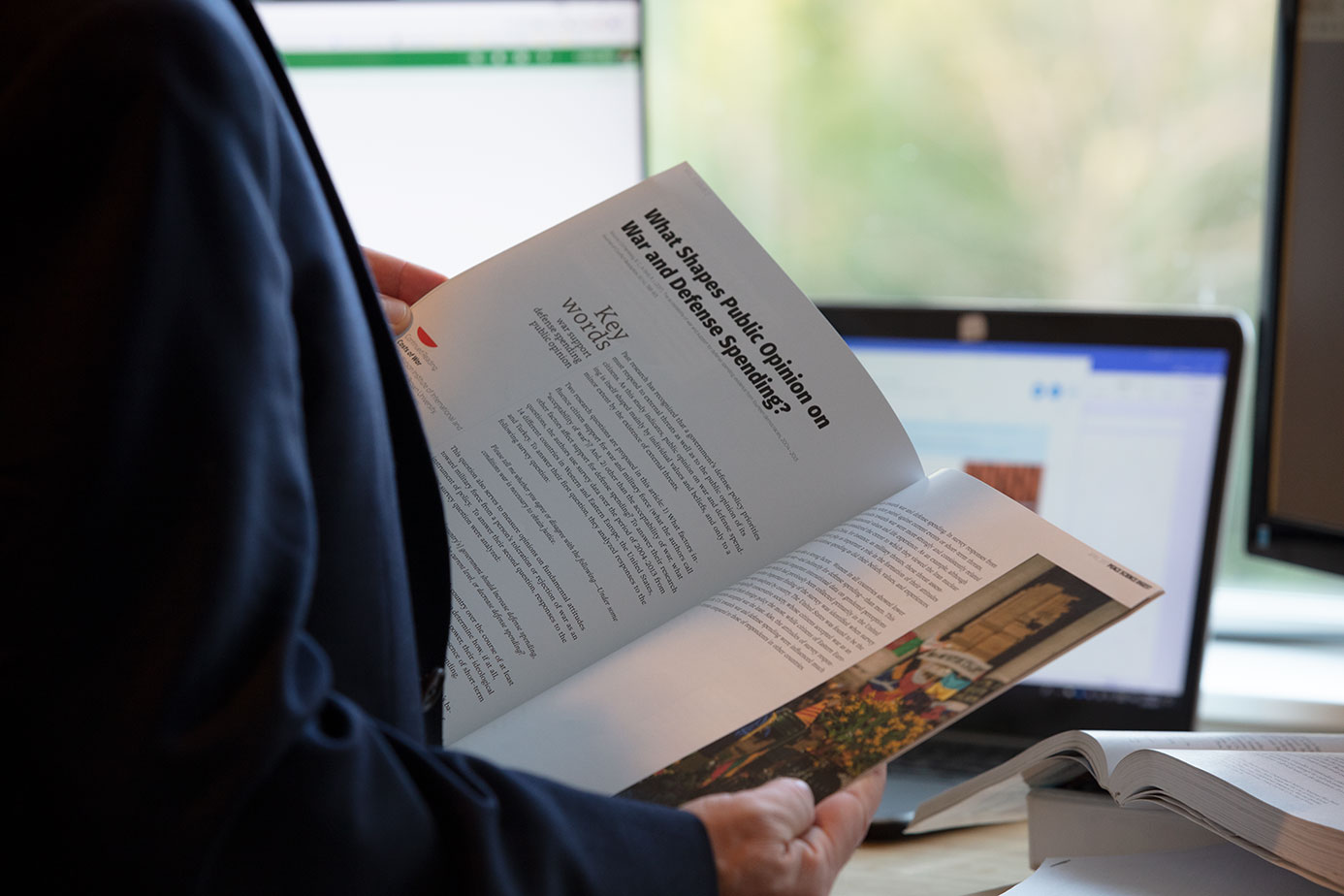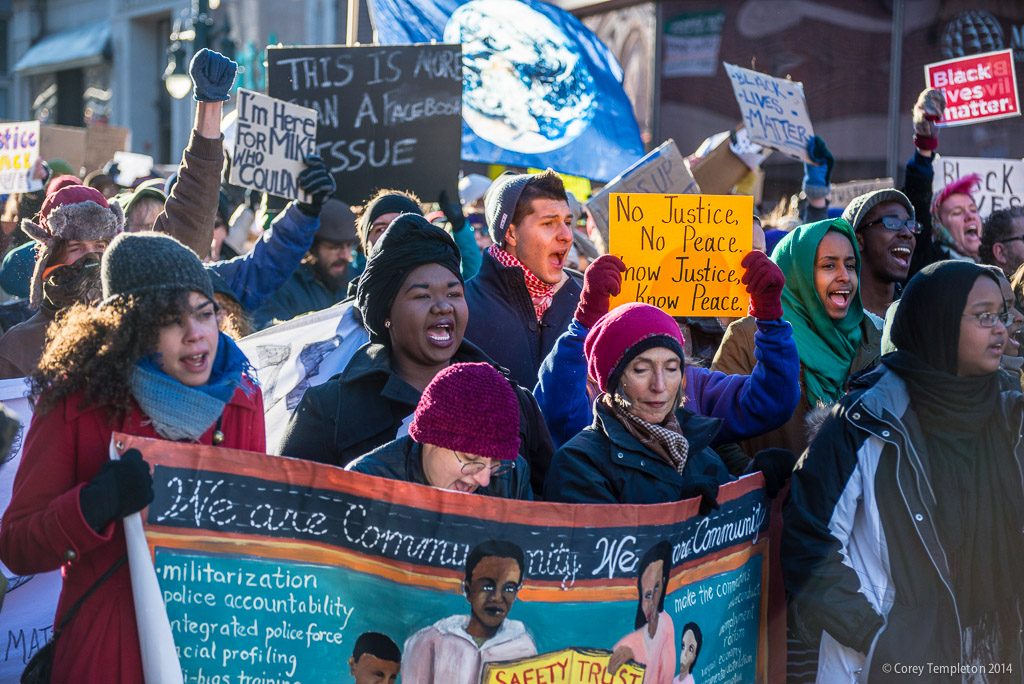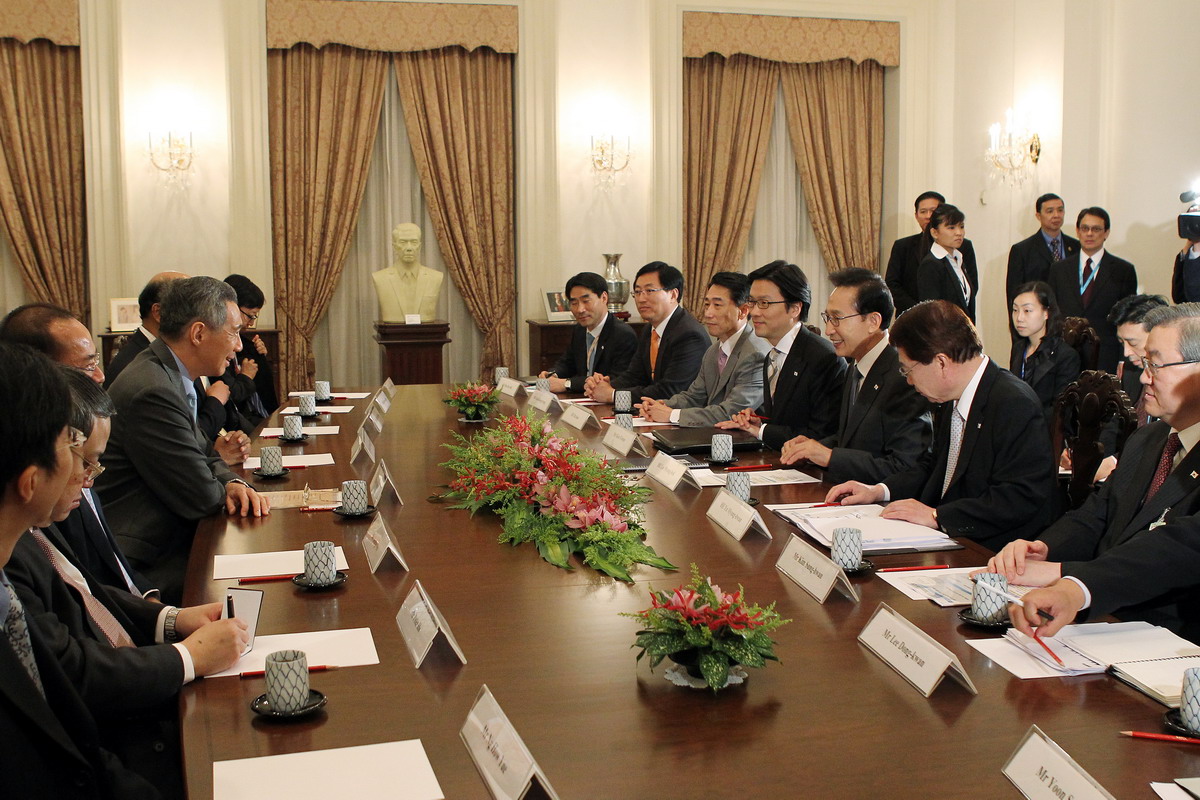
Strong Relationships Based on Trust & Respect Are Key to Summit Success
In the wake of the Kim/Trump Singapore summit, there are important lessons they can learn from past summits: the need to establish common policy ground, manage their respective domestic politics, and forge trusting and respectful personal relationships.
Decent Work Opportunities Are Key To Lasting Peace
United Nations officials are calling for more economic opportunities to help establish and sustain peace in the Central African Republic (CAR).
In Cameroon, A Violent Flank Spoils Separatist Movement and Increases Violence
The goals of a mostly nonviolent separatist movement in Cameroon are being jeopardized by a violent minority. Peace research shows that these “violent flanks” often decrease the likelihood of campaign success and expose their nonviolent counterparts to violent retaliation.
How Technology Can Prevent Violent Conflict
In the Phillippines, one organization is working to address humanitarian needs by utilizing emerging technology. As a result, increased connectivity reduces violence and fosters social impact.
Military Aid, Especially Arms Deals, Decrease National Security
A new policy proposal is in the works, allowing U.S. gun manufacturers to sell their firearms abroad. Peace Science shows how arms deals compromise national security.
To Improve Results/Reduce Costs, Integrate Conflict Analysis Into Humanitarian Aid
To achieve sustainable peace and reduce the growing need for humanitarian aid ($25B so far in 2018), governments and humanitarian organizations need to better address the drivers, parties, and consequences of conflict.
Adding Unarmed Civilian Peacekeeping to the Toolbox of International Intervention
Recognizing the restrictions of the current context (e.g. acceptance of nonviolent peacekeepers to host state and access to particular regions) of allowing professional unarmed civilian peacekeepers to enter the conflict scenario, we want to share some insights from peace science that should at least add Unarmed Civilian Peacekeeping to the toolbox of international intervention to reduce violence and suffering, even if it is only an aspiration in this moment of time.
Iranian Nonviolent Resistance in Adverse Conditions
Nationwide, Iranian truckers have united in protest demanding better wages. Their protest, in conjunction with rising levels of resistance to Iran’s leader, Ali Khamenei, signify a changing tide in Iranian society.
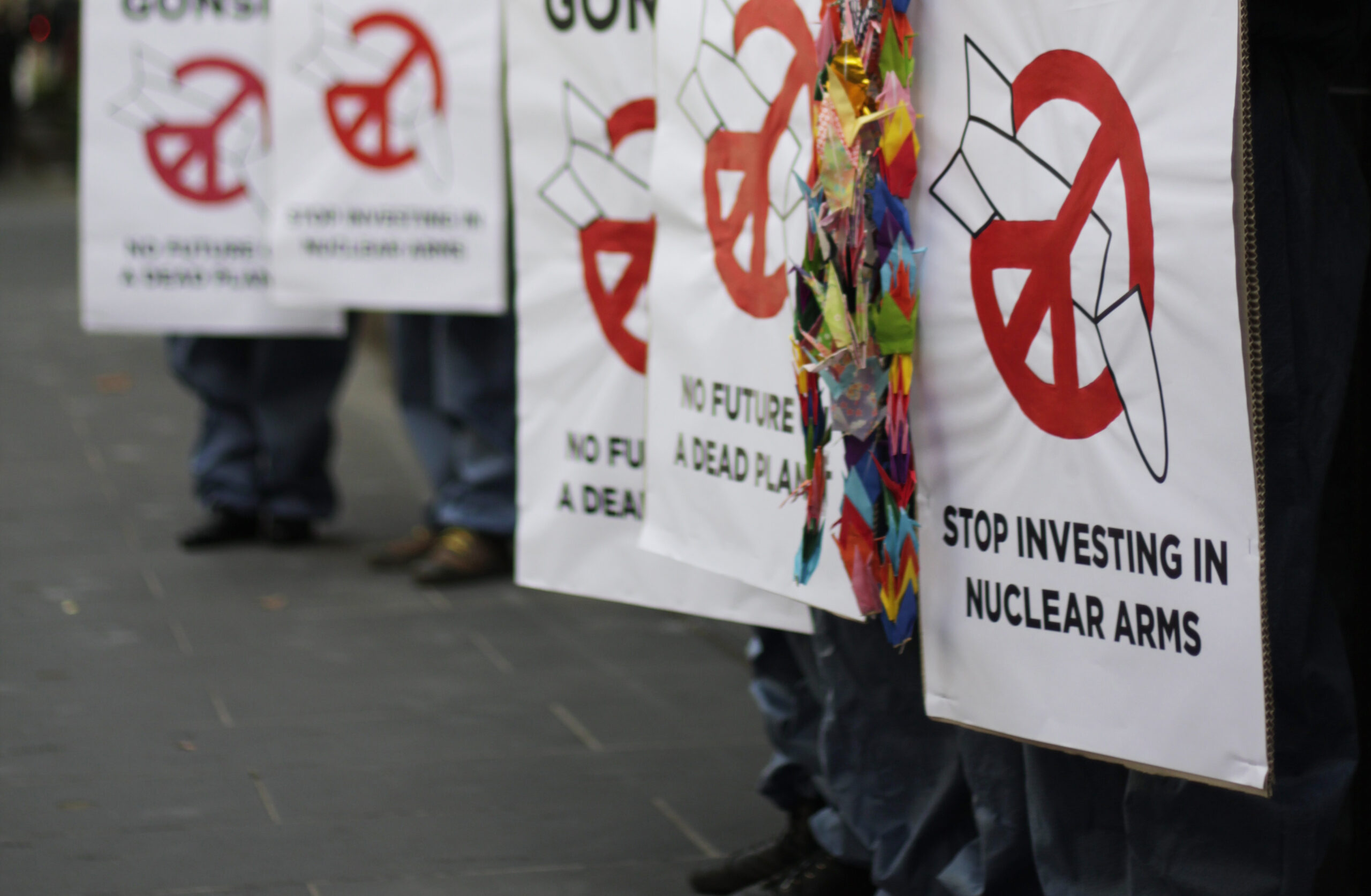
Toward North Korean Security without Nuclear Weapons
Talks with North Korea should include long-term visions of U.S. troop withdrawals.
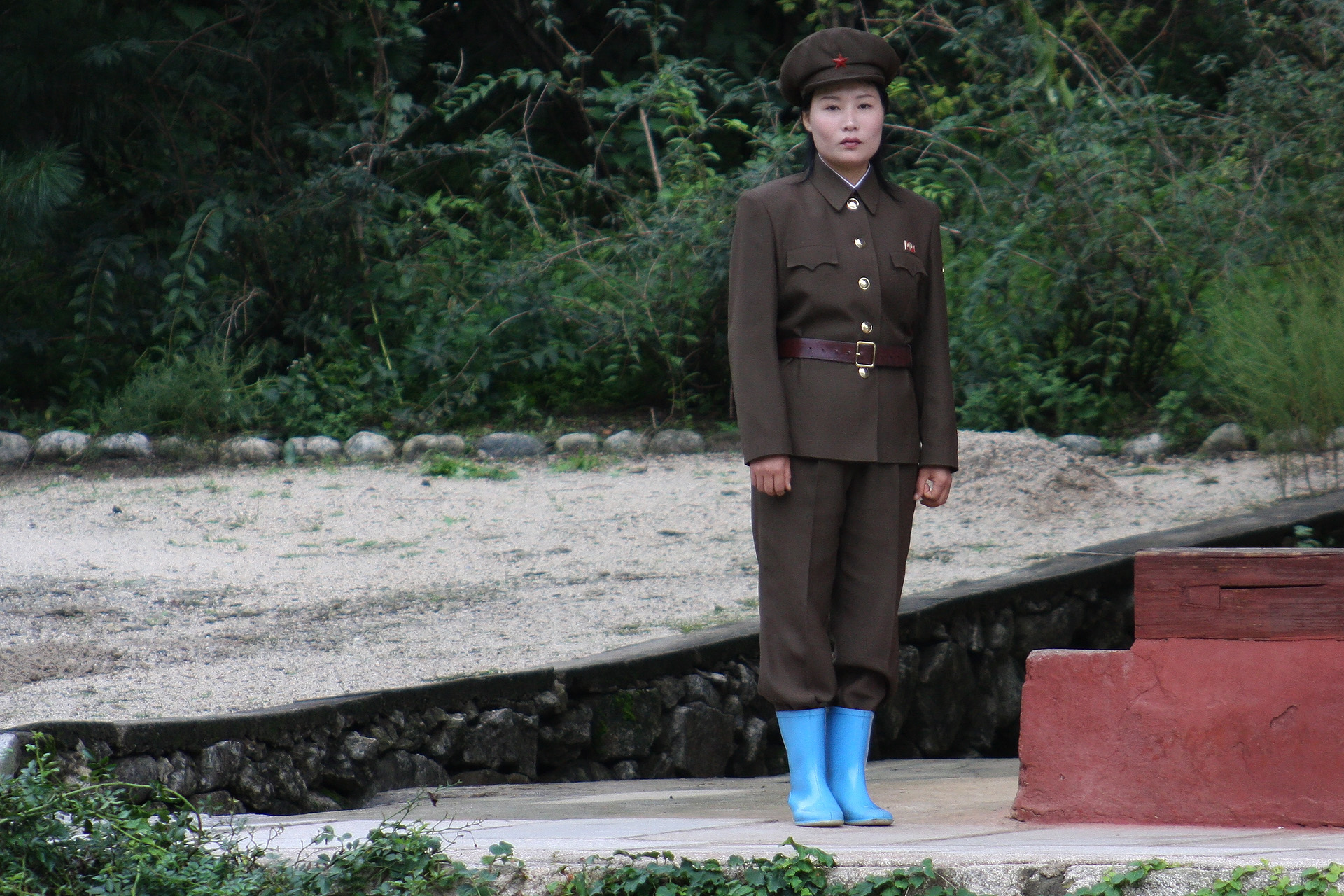
Failed Summit, North Korea and the Nature of Negotiation
Photo credit: Roman Harak Context: Amidst growing tensions and another round of verbal escalations by both sides, President Trump announced that he was pulling out of the highly anticipated summit between the U.S. and North Korea. While so-called “spoilers” certainly contributed to this development and the dangers of rising tensions … Read more

Organized Labor Unions Bridge Social Divides To Allow For Nonviolent Collective Action
Organized labor and trade unions create interconnected social networks that bridge diverse groups of people and aid in the mobilization for mass collective action.
